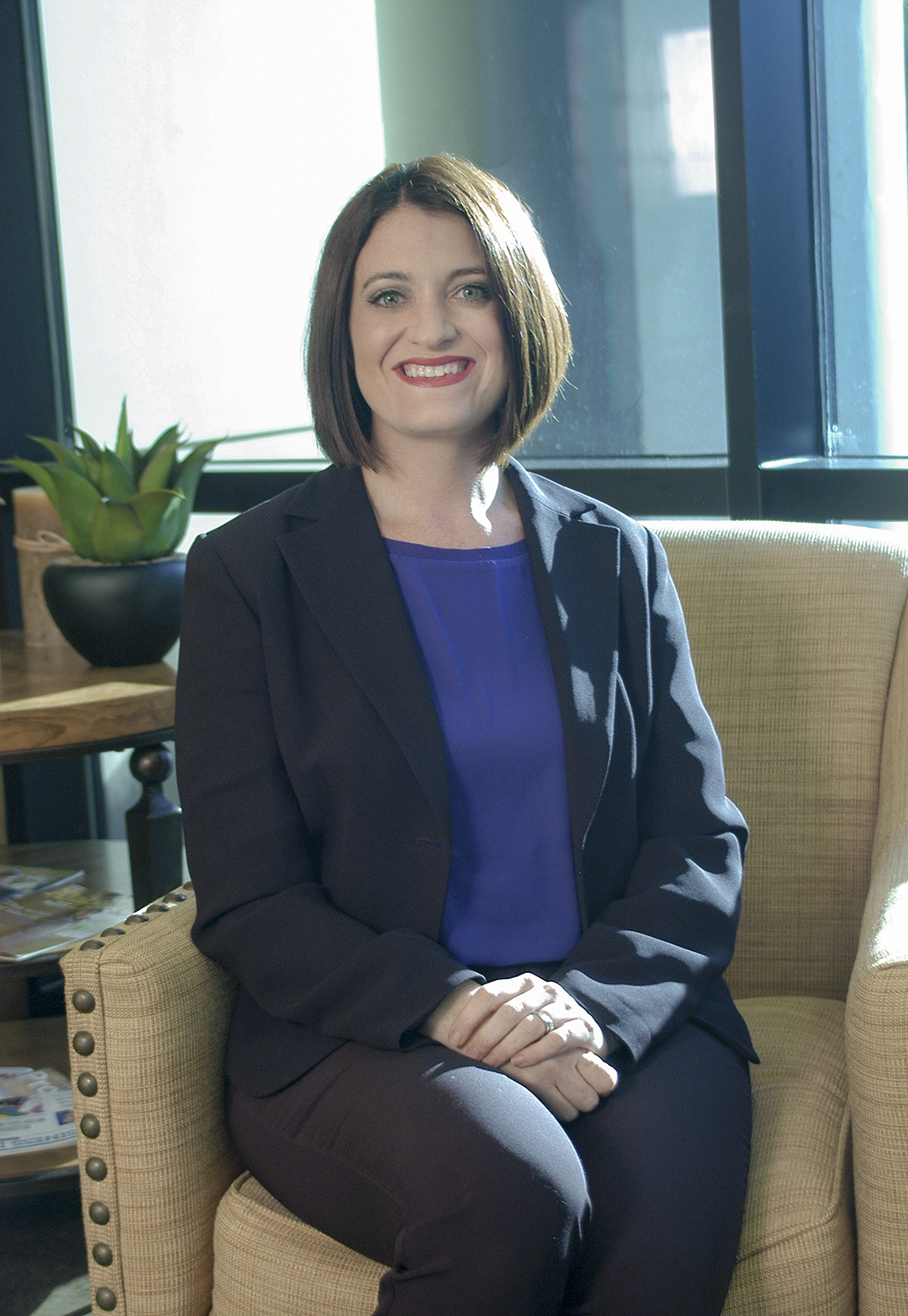March is Women’s History Month and this time offers a unique opportunity to recognize some of the foremothers of the pharmacist profession and their contributions to medicine. For centuries, women have played a role in providing healthcare, informally and formally. They have been involved in preparing and administering medicines or herbal treatments, even when medical education and careers were viewed strictly as male domains.
For example, in 1901, a pharmacy journal published an article stating that they “did not believe that pharmacy is a profession that women will universally aspire to nor wone [sic] that they are universally fitted to fill properly.” That belief never came to fruition. According to 2021 data from the U.S. Bureau of Labor Statistics, 57.8 percent of pharmacists in our nation are female. The data also reported 78.4 percent of pharmacy technicians are women. All of these professionals owe a debt of gratitude to the path laid by the first women in pharmacy.
Apothecaries to pharmacists
Elizabeth Gooking Greenleaf (1681–1762) is recognized as the first female pharmacist in America. She was listed among the 32 apothecaries working in New England during the late 1600s and early 1700s. During our early history, the role of apothecaries was complex. In some cultures, they served as a combination of doctor, medication and treatment provider, and spiritual healer. Greenleaf owned an apothecary shop in Boston in 1727 and was the wife of Daniel Greenleaf, a minister, physician and apothecary. It wasn’t unusual for women to work in or take over businesses established by their fathers or husbands, despite their limited opportunities for formal education.
Later, there was a desire for more specialization and formal education for the pharmacy profession. The Philadelphia College of Pharmacy was established in 1821 as the first college of pharmacy in North America. Societal stigmas about working women and unwillingness to employ women for apprenticeships necessary to obtain their degrees hindered education for aspiring female pharmacists.
The first female pharmacy graduate in America would not come until more than 40 years later. Mary Corinna Putnam Jacobi (1842 –1906) became the first woman to graduate from a school of pharmacy when she received her degree from the New York College of Pharmacy in 1863. She later became a physician and was a pioneer in the development of pediatrics as a specialty.
Plantation healers to pharmacy graduates
Like their white counterparts, African-American women also served as informal healers during the early days of this nation. Enslaved Africans brought their knowledge of herbal medicine with them and sometimes medicinal plant seeds with them to America. As they familiarized themselves with their new land and its inhabitants, they added to that knowledge and used it to heal people, both enslaved and free.
Remedies used by slaves were passed down orally from one generation to the next. However, many in society disapproved of African cultural or religious practices that accompanied herbal medicine or treatment. Also, there was wariness about owning slaves with the knowledge to heal or poison their masters. This fear prompted the enactment of several ethnicity-based laws to restrict the practice of administering medicine.
Post-Civil War America presented African-Americans with access to once-closed opportunities. Julia Pearl Hughes Coleman-Robinson (1873-1950) was the first African-American woman to own and operate a pharmacy in Philadelphia and possibly in America. She opened Hughes Pharmacy in 1899. She graduated from Howard University with her pharmaceutical degree in 1897. She also ran the hospital pharmacy at Frederick Douglas Hospital (now Mercy Douglas Hospital).
In 1908, Anna Louise James (1886-1977) made history as the first African-American woman to graduate from the Brooklyn College of Pharmacy and the first to become a licensed pharmacist in Connecticut. She later worked in her brother-in-law’s pharmacy and took it over after he went to fight in WWI. She became the sole owner in 1922 and worked until she retired in 1967.
Keeping the legacy strong
 Turenne PharMedCo Pharmacy Services is fortunate to have a great team of pharmacists and pharmacy technicians who are continuing the legacy of women in pharmacy. Their hard work and dedication are vital to ensuring we can serve our customers with pride. For nearly four years, we have had the privilege of having Sarah Barker, Pharm.D, as part of our leadership team.
Turenne PharMedCo Pharmacy Services is fortunate to have a great team of pharmacists and pharmacy technicians who are continuing the legacy of women in pharmacy. Their hard work and dedication are vital to ensuring we can serve our customers with pride. For nearly four years, we have had the privilege of having Sarah Barker, Pharm.D, as part of our leadership team.
Barker is the first woman to serve as our vice president of pharmacy services. In addition to the management of our pharmacy operations, she has spearheaded several initiatives aimed at increasing efficiency and enhancing customer service. She is a graduate of Auburn University, but she credits learning her commitment to care from her grandfather. He served as a small-town doctor and died before Barker was born, but his life’s lessons were never far away.
“As a child, people would stop me in the grocery store or at church just to tell me a story of how my grandfather’s care and compassion through his medical practice had impacted their life,” she said. “His legacy inspired me to pursue a career in healthcare so that I, too, could serve others in such a deeply meaningful way.”
Barker has been with Turenne since 2007 and has served in various positions, including general manager of our Montgomery pharmacy and lead consultant on the consulting pharmacist team.
“Turenne provides its pharmacists with the best resources, technology and support so we can deliver the best possible pharmacy services to our customers,” Barker said. “It’s been terrific to be a part of our progress over the years.”
We are so grateful for Sarah Barker and the other amazing women who make Turenne PharMedCo a little better each day. Happy Women’s History Month!

